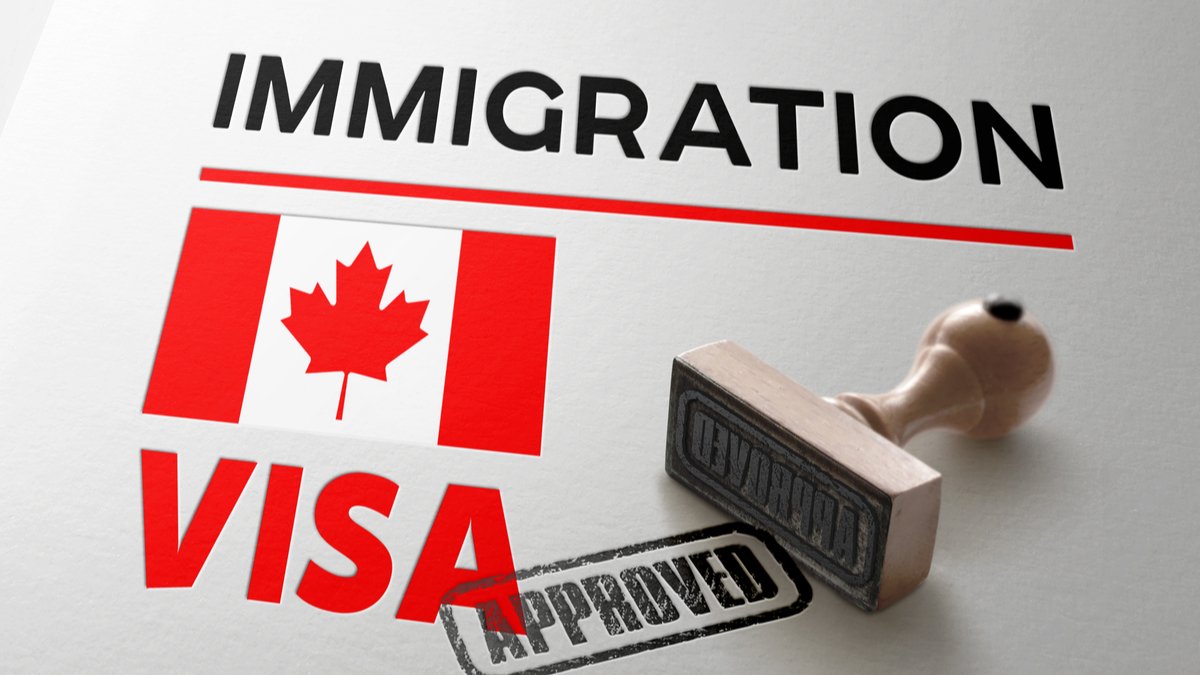Canada is one of the top destinations when families are thinking of immigration and giving themselves a better life. This is because Canada has so much to offer from thousands of job opportunities to free public education. One of the best benefits of living in Canada is the fact that you don't have to pay for most healthcare services.
How much do you know about the Canadian healthcare system? Let’s have a look at the most frequently asked questions all about the Canadian healthcare system.
Everything You Need to Know: Canadian Healthcare System

FAQ 1: How effective is the Canadian healthcare system?
When compared to other countries, Canada’s healthcare system ranks highly. Almost all Canadians have a primary care doctor and the overall quality of the care is among the best in the world.
FAQ 2: Why is Canada's healthcare so good?
The Canadian government uses the tax income to provide somewhat free essential medical services. This means that medical care is available to everyone whereas in other countries basic medical care comes at a cost. It’s also at a lower cost, has more services than most countries and provides universal access without financial barriers.
Medicare, the official name of Canada’s healthcare system, is not the same in all provinces and territories. Each province and territory is responsible for allocating its own healthcare services, which means the extent of medical cover will vary.
FAQ 3: How much is health insurance in Canada per month?
The average cost for healthcare premiums for a family in Canada is $157 and $47 per month for individuals. However, if you’re a female individual then the cost per month is $80.
FAQ 4: Does Canada have long wait times for health care?
Canada’s Medicare has been known to have longer wait times than usual. On average you can wait up to 22.2 weeks between referral from a general practitioner and receipt of treatment.
FAQ 5: Who can receive free healthcare in Canada?

You can apply for public health insurance if you’re a Canadian citizen or permanent resident. You can wait up to three months before you can get government health insurance. All provinces and territories will provide free emergency medical services, even if you don’t have a government health card. However, there may be restrictions depending on your immigration status.
FAQ 6: How long do you have to live in Canada to get free healthcare?
You’ll need to be living as a permanent resident in Canada for at least three months in order to become eligible for universal health care. However, as a new immigrant, you’ll have limited access to free medical care and you’ll need to pay for insurance and certain treatments.
According to the government, a permanent resident is seen as someone who lives in Canada for at least two years in a five-year period. So when you apply before the two-year mark, you’ll receive health care with certain terms and conditions.
FAQ 7: Is Canadian Medicare Free?
The medical services offered as free are limited. Below is what the provincial health insurance plan typically covers:
- Emergency hospital treatment;
- Most primary and secondary care, i.e. any medically necessary services to help diagnose and treat any injuries/illnesses;
- Maternity services (including prenatal and postnatal care); and
- When using the Medicare services, you’re not billed directly, as bills go to the government, and there are no excesses to pay.
FAQ 8: Do tourists get free healthcare in Canada?
Please note that if you are travelling to Canada as a visitor or tourist, Canada won’t pay for your hospital or medical services. You’ll need to have health insurance that will cover you while in Canada.
So now that you know in order to have access to the
Programs for Canadian Permanent Residence

Express Entry
The Express Entry is an online system that manages three federal economic programs, designed for foreign nationals who are seeking permanent residency. The three programs are as follow:
- Federal Skilled Worker Class;
- Federal Skilled Trades Class; and
- Canadian Experience Class.
Express Entry acts as one of the largest entry points for Canadian immigration. The goal for 2023 is to invite over 1.2 million immigrants into Canada. Express Entry is contributing to 332,750 of that total, issuing 108,500 invitations to apply (ITA) in 2021.
If you are a potential skilled worker, the Express Entry system will result in fast processing times, as little as six months.
How does Express Entry work?
You’ll need to create an online profile, where you’ll answer questions such as your age, work experience and qualifications. You’ll then get placed into the Express Entry pool where you’ll receive a Comprehensive Ranking System (CRS) score. This score will also determine your ranking in the pool.
You’ll receive an Invitation to Apply (ITA) if you meet or exceed the qualifying CRS score of a particular Express Entry draw. Obtaining an ITA means you have the opportunity to apply for Canadian permanent residency.
Not to worry if you aren’t successful the first time around as your profile will remain in the pool for one year. During that time you can do several things to improve your CRS score.
Good to know:
You’ll only have 60 days to submit your application for permanent residence.
Provincial Nominee Program
The Provincial Nominee Program (PNP) is designed for foreign skilled workers who can contribute to Canada’s economy with their work experience, education and skills, and want to live in Canada permanently.
An agreement was made between the local provinces and the government that enables the provinces to nominate foreign skilled workers to become permanent residents. Depending on your skills and the needs of a particular province, you can apply to these 11 provinces and territories:
- Alberta;
- British Columbia;
- New Brunswick;
- Newfoundland and Labrador;
- Northwest Territories;
- Nova Scotia;
- Ontario;
- Prince Edward Island;
- Saskatchewan; and
- Yukon.
By gaining permanent residency, you’ll have access to all the free medical services Canada has to offer.
Now that we’ve answered some of the most frequently asked questions all about the Canadian healthcare system, you have an extra reason to move to Canada.
Start your process today!



